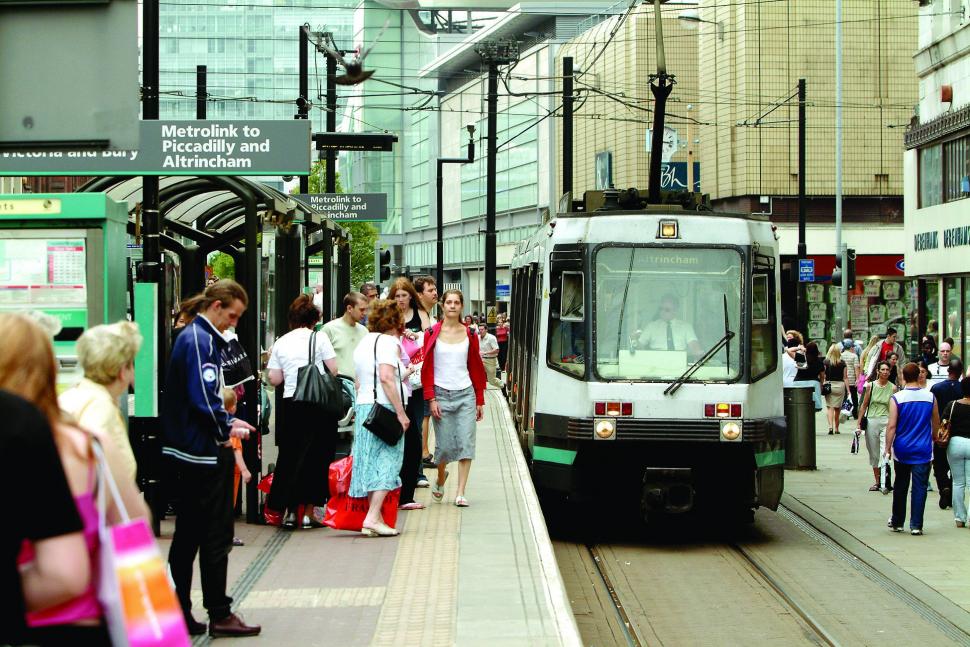- News
- Reviews
- Bikes
- Accessories
- Accessories - misc
- Computer mounts
- Bags
- Bar ends
- Bike bags & cases
- Bottle cages
- Bottles
- Cameras
- Car racks
- Child seats
- Computers
- Glasses
- GPS units
- Helmets
- Lights - front
- Lights - rear
- Lights - sets
- Locks
- Mirrors
- Mudguards
- Racks
- Pumps & CO2 inflators
- Puncture kits
- Reflectives
- Smart watches
- Stands and racks
- Trailers
- Clothing
- Components
- Bar tape & grips
- Bottom brackets
- Brake & gear cables
- Brake & STI levers
- Brake pads & spares
- Brakes
- Cassettes & freewheels
- Chains
- Chainsets & chainrings
- Derailleurs - front
- Derailleurs - rear
- Forks
- Gear levers & shifters
- Groupsets
- Handlebars & extensions
- Headsets
- Hubs
- Inner tubes
- Pedals
- Quick releases & skewers
- Saddles
- Seatposts
- Stems
- Wheels
- Tyres
- Health, fitness and nutrition
- Tools and workshop
- Miscellaneous
- Cross country mountain bikes
- Tubeless valves
- Buyers Guides
- Features
- Forum
- Recommends
- Podcast
news
 Manchester Metrolink tram.jpg
Manchester Metrolink tram.jpgBike ban on Manchester trams set to continue
Bikes will continue to be banned from Manchester’s tram network following a review that says it would cost £3 million to allow them to be carried, despite a campaign by bike advocacy groups urging that current rules be changed.
At present, bicycles are only allowed on the city’s trams if “they are folding and fully encased,” the final three words presenting a problem for most people actually wanting to ride their bike at wither end of the journey.
Following a survey of more than 1,000 people and representations from organisations such as Love Your Bike, Greater Manchester Cycling Campaign and national cyclists’ organisation CTC, Greater Manchester Integrated Transport Authority (GMITA) is set to recommend that current rules be left unchanged.
More than half of those surveyed (56%) believed that bikes should be allowed onto trams, but less than one in ten (7%) agreed that enough seats should be removed to accommodate four bicycles.
Just over two in five people (43%) supported seats being removed, wile one in three (35%) said that seats should be removed to allow two bikes per tram to be carried. Meanwhile, just over seven in ten (71%) said they backed the introduction of permits allowing bikes to be carried, or cyclists being charged to do so.
GMITA’s policy and resources committee is due to make a final decision on the issue next week, but the report’s recommendation is to “maintain the current position,” since enabling bikes to be carried on trams would cost £3 million to make necessary changes to rolling stock.
Councillor Keith Whitmore, chair of Manchester City Council’s Policy and Resources Committee, insisted: “This review has not been about banning cyclists from Metrolink – indeed, there are cycle-parking facilities across the network, with more to come. It has been about whether bikes can safely be taken on to trams.
“The working group has taken a long, hard look at this issue, considered a great deal of information, including the safety implications, and asked tram passengers for their views, as well as cycle and environmental groups,” he continued.
“The process has been open and thorough, with the benefit of views from all sides of the debate. When we make our decision on Friday I am satisfied that we will be doing so based on as much high quality information as possible.
“The committee now needs to consider the working group’s findings before this important matter can be resolved,” he concluded.
Latest Comments
- Geordiepeddeler 16 min 29 sec ago
So is Border Farce going to fine themselves £1500 pound for every illegal they let in on the little boats? If they were, they'd soon do their job...
- froze 1 hour 5 min ago
I pray Wiggins has found peace and happiness; he was a great cyclist, no one can take that away from him. And a huge thanks to Lance Armstrong for...
- Laz 1 hour 13 min ago
geeze....but a carbon fork, huh ? they should provide a rim brake option for us oldtimers who have matured to having more disposable income than...
- Laz 1 hour 27 min ago
so, instead of having both hands on your brakes controling your steering and being ready to avoid a collision, you now are required to imperil...
- lonpfrb 6 hours 30 min ago
If this government were truly interested in change, and joined up government between...
- lonpfrb 6 hours 53 min ago
It's easy to remove the pipe from the fasteners which are C shaped so able to hold but not trap the pipe. Filtering through traffic is then...
- wtjs 7 hours 11 min ago
What was on offer only 2 weeks ago was either 'world' for £20 or tiny areas such as 'Blackpool area' for £5 each or something. You couldn't just...
- Simon E 7 hours 33 min ago
“fastest, lightest, and most durable road tyres yet” Yeah right. "Strong, light, cheap. Pick two."
- David9694 7 hours 57 min ago
Surely a penalty notice will have been delivered by now, which will state where the car is parked?
Add new comment
2 comments
It wouldn't be such an issue if they didn't insist on removing existing rail routes where bikes can be carried and replacing them with trams where they cannot. At the very least removing the "and fully encased," from the regulations would be an improvement.
Off-peak there is tons of room for bikes on those trams. Why on earth do they think it's unsafe and how the heck would it cost millions?